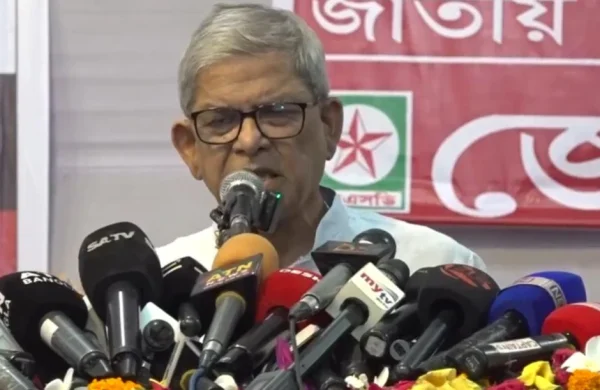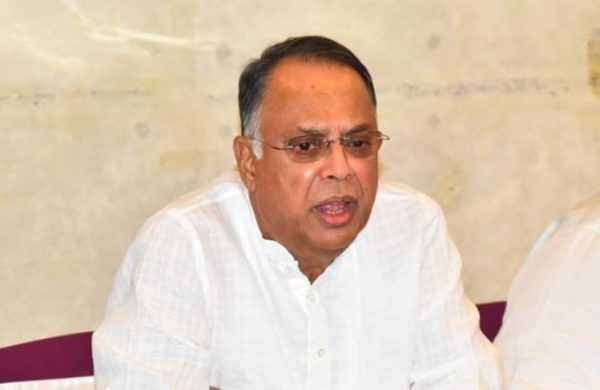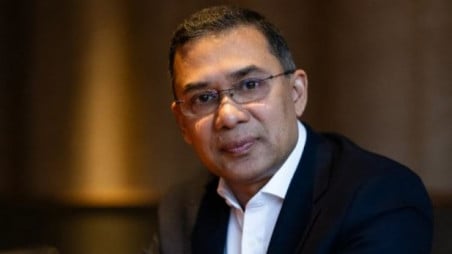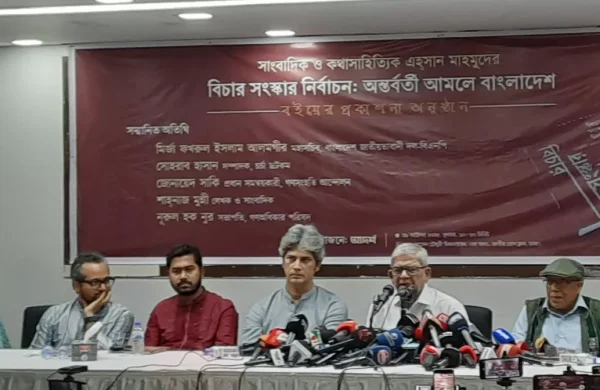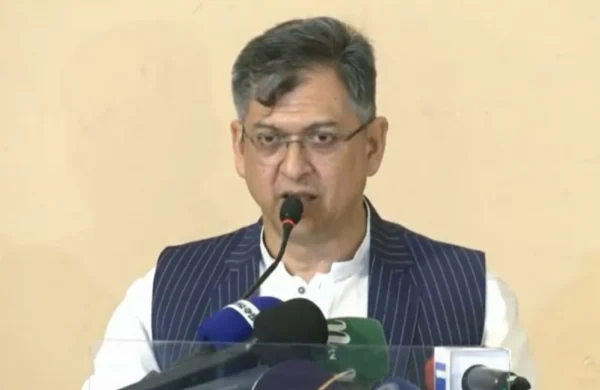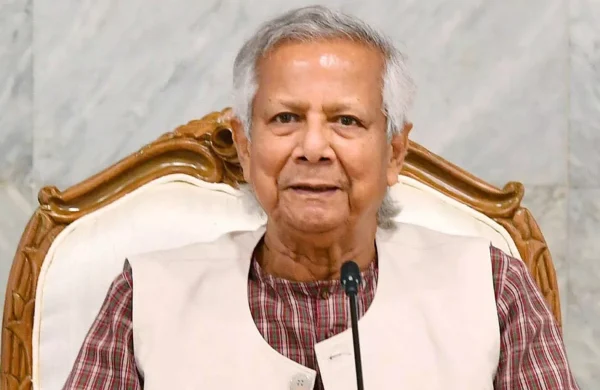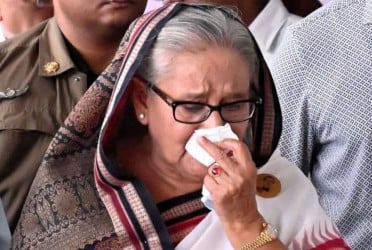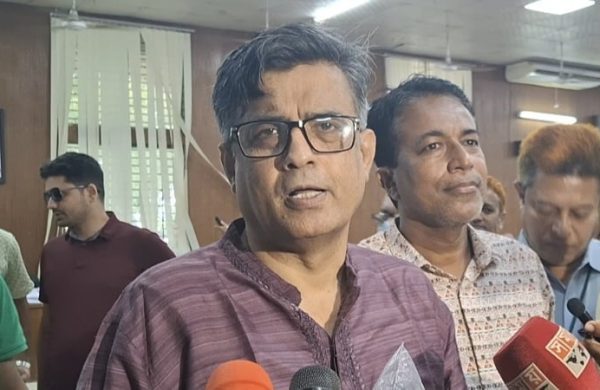Referendum unnecessary, irrational before polls: Mirza Fakhrul
- Update Time : Thursday, October 30, 2025
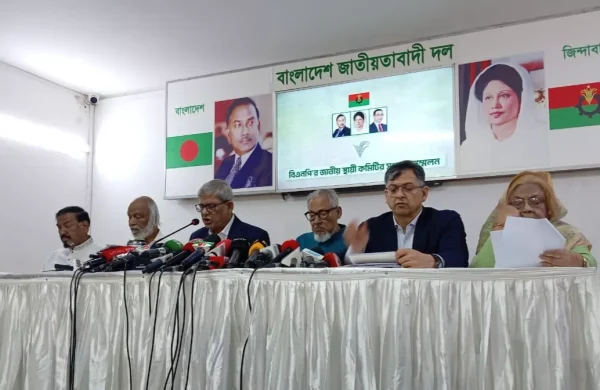
Staff Correspondent:
BNP Secretary General Mirza Fakhrul Islam Alamgir has said that, according to the constitution, the interim government has no authority to issue an order for implementing the July National Charter.
He also described holding a referendum before the national election as unnecessary, irrational, and ill-advised.
Mirza Fakhrul made these remarks on Thursday at a press conference organised by the BNP standing committee at the party chairperson’s political office in Gulshan of Dhaka.
The press conference was held to announce the decisions taken at an emergency meeting of the BNP standing committee held on Wednesday night.
Reading out a written statement at the press conference, BNP Secretary General Mirza Fakhrul Islam Alamgir said that the government is planning to issue an order titled July National Charter (Constitution Reform) Implementation Order 2025 to enforce the constitutional amendments outlined in the July National Charter 2025.
He noted that drafts of such a proposed order were included in Annex-2 and Annex -3.
According to him, the government does not have the authority to issue such an order. As per Article 152 of the constitution, an ‘order’ carries the status of law; therefore, its issuance falls within the jurisdiction of the president.
Mirza Fakhrul pointed out that the July Charter does not mention the opinions, differing views, or notes of dissent from political parties. “This means the recommendations and proposals of the consensus commission are one-sided and are being imposed upon the nation in an authoritarian manner,” he said.
“Then it seems that the year-long discussions between political parties, the reform commission, and the national consensus commission were meaningless, a waste of time and resources, a farce, and a deception of the nation,” he added.
Mirza Fakhrul said that in a democracy, political parties are naturally expected to hold differing opinions, which is why dialogue was necessary. However, the consensus commission completely disregarded the democratic right of political parties to disagree.
The implementation order (proposal) states that alongside the formation of the new parliament through the general election, a constitutional reform council would also be constituted. The members would take oaths separately as MPs and members of the council. “In other words, the elected parliament would also act as a constitutional reform council,” Mirza Fakhrul said.
He questioned, “The election commission is constitutionally empowered to conduct national and presidential elections, but not elections for a constitutional reform council. The formation of such a council was not on the agenda during discussions with political parties, nor was it presented for discussion. Therefore, there was no scope for consensus on this matter. If such a council is to be formed, the decision must be taken by the next parliament.”
According to the implementation order, if the proposed referendum yields a positive result, the reform bill would be considered by the constitutional reform council as a supporting measure in carrying out its duties. Such a measure taken in advance before the national election and the referendum is not acceptable at all, he added.
Regarding the referendum, Mirza Fakhrul said that the chief adviser had announced that the national election would be held in the first half of February 2026. “In that case, holding a referendum before the election is impossible. Given the limited time, the massive costs involved, and the need for extensive manpower including law enforcement personnel, conducting a referendum prior to the election is unnecessary, unreasonable, and imprudent. It’s preferable to hold the referendum on the same day as the parliamentary election with the same arrangement and cost.”



